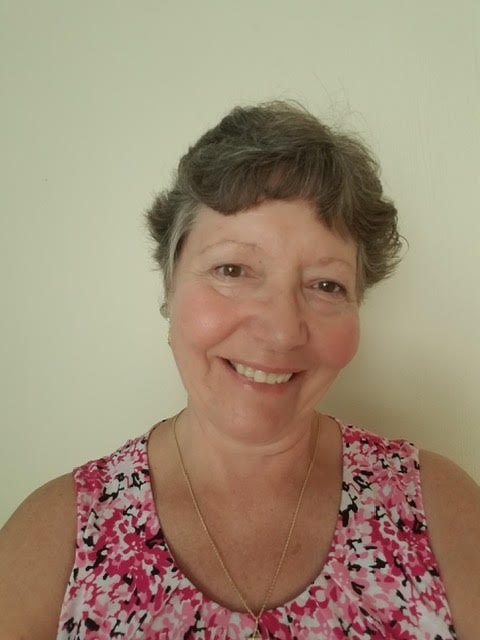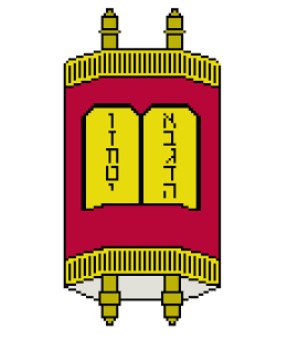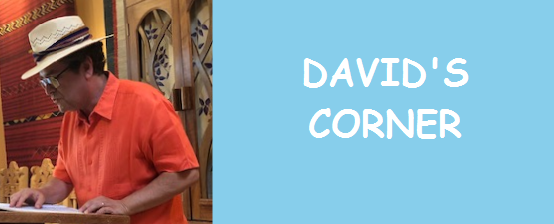Dear Members and Friends of the Lake Chapala Jewish Congregation:
This year, as the High Holy Days approach and we prepare to celebrate the start of 5782, we know we will be unable to physically gather. This is sad and disappointing. We rely on these important Jewish holidays to reset, renew and prepare for the year ahead. And while we may still be able to worship and share together the holiness of these special days, we realize it can only be through a shared virtual experience.
However, the changed experience this year shouldn’t dampen our expectations or enthusiasm for Jewish life in our community. Here, through the Lake Chapala Jewish Congregation, we continue to have regular Friday night and Saturday morning worship, as well as Torah study via Zoom. In addition, plans are underway for various religious-related virtual guest-lecturers, discussion groups, and so on regarding issues of concern to Jews here and all over the world, with opportunities for online participation. Plans are underway, as well, for several non-religious activities to bring some fun into our somewhat cloistered lives—challah-baking, games, and other collaborative online activities to help us keep our connections and fellowship strong. Please check your email for weekly updates through our bulletin, El Shofar.
As the new year approaches, so does our recommitment to supporting our only synagogue in the area. As is clear from news around the world, we know that we are not alone in being isolated from each other, unable to attend in-person worship services and events we’ve become accustomed to. However, in order to have a vital and viable place of worship and social gathering center on the other side of this global catastrophe, the expenses of regular upkeep remain. These expenses include the following, (among others):
Salaries
Regular maintenance of the building and gardens
Utilities
Cemetery maintenance
In addition to continuing expenses, we cannot foresee many–if any–opportunities for fundraising in the near future, which we’ve always depended upon to supplement membership dues and donations. So, as you can see, we are more dependent than ever on our membership to help us get through this difficult coming year. We must maintain our financial solvency and be ready to welcome all of our community once again when the crisis has passed.
We urge all of our current and past members to renew your membership to bolster not only our operating funds but to show solidarity with each other in this troubling time. Also, if you’ve considered membership but haven’t yet done it, please reconsider and be a part of our vital community. You may also choose to honor loved ones through donations in their names or adding the names of loved ones who have passed on to our yahrzeit board. Our current membership dues remain unchanged from last year: 6000 pesos person. However, we never turn anyone away because of financial hardship. Please contact me (shiffmanky@gmail.com) or Robin Hayden, our treasurer ( hayden365@yahoo.com) to discuss any such issue.
We look forward to a rapid end to the virus that encompasses our world. But be assured that with your support, we will do everything within our power to keep the light of the NerTamid glowing in our hearts, in our sanctuary and in our community.
Respectfully,
Betty Shiffman
Membership Chair,
Lake Chapala Jewish Congregation
Membership Enrollment Form
How to Renew









